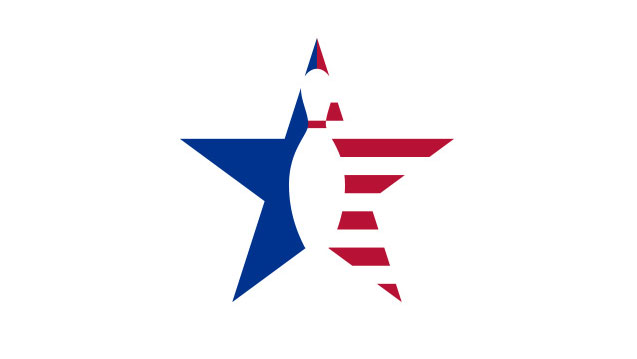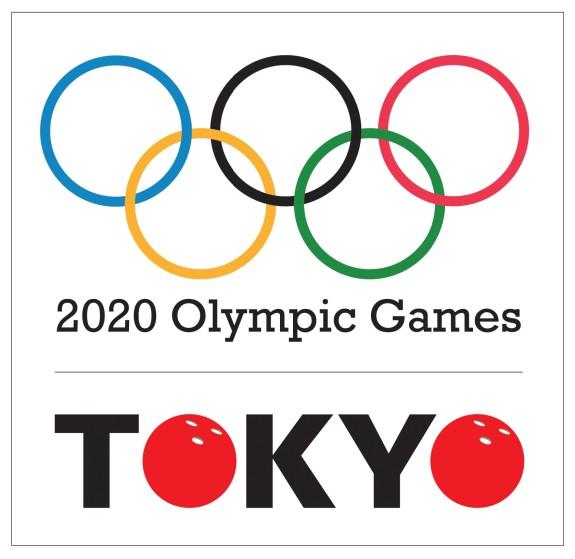Tokyo Passes on Bowling for 2020 Summer Olympic Games

 CLICK BELOW TO HEAR WORLD BOWLING PRESIDENT, KEVIN DORNBERGER, DISCUSS TODAY'S DISAPPOINTING NEWS IN OUR NEW PODCAST:
CLICK BELOW TO HEAR WORLD BOWLING PRESIDENT, KEVIN DORNBERGER, DISCUSS TODAY'S DISAPPOINTING NEWS IN OUR NEW PODCAST:
The Tokyo 2020 Organizing Committee today announced its final decision on which of the eight shortlisted sports it would recommend to the International Olympic Committee for inclusion in the 2020 Summer Olympic Games. Bowling, in the end, was not among them.
Recommended sports include Baseball/Softball, Karate, Skateboard, Sport Climbing, and Surfing. The IOC is expected to announce next August which of those five sports it approves for inclusion in 2020.
One thing World Bowing President, Kevin Dornberger, made clear at Bowl Expo in June is that the IOC likely would “rubber stamp” Tokyo’s recommendations if there only were one or two. Five may be more than some were expecting, and that may compel the IOC to remove some the above-listed sports off of the list.
Commenting on today's news, Dornberger said, “It was a great opportunity to have been considered as one of the final eight sports from the initial list of 26. For World Bowling this remains a huge milestone in pursuing our Olympic quest and we believe that this has laid the foundations for a brighter future ahead.
"The process has made our sport grow stronger and we have learned some invaluable lessons from working on our campaign. While we may not have been successful this time, we will continue to develop our sport worldwide. As part of our Bowling World Plan, we have many initiatives still to be implemented, such as fostering and encouraging the development of youth participation, especially for girls. We strongly believe that this will result in increasing worldwide recognition of our sport. The brightest days of bowling are ahead of us!”
You can read more about the Tokyo 2020 Organizing Committee's decision here: http://www.tokyo2020.jp/en/news/index.php?mode=page&id=1473
World Bowling's official release about the news can be found here: http://www.worldbowling.org/media/news/2015/09/world-bowling-focuses-on-olympic-quest-beyond-2020/
Stay tuned here for more on this story throughout the day, and be sure to check out the November issue of BJI for further coverage.
###
Olympics Inclusion Could Be Big for the Business of Bowling
We all have heard the arguments about why bowling should be an Olympic Games sport — the special physical skills and the mental strength one must possess in order to succeed at the highest level.
But there also are compelling reasons that Olympics inclusion would be good for the business of bowling. When Jack Reichert was the Chairman of Brunswick Corp., he went against the advice of his board of directors and invested heavily in bowling’s Olympic quest.
That company has continued to fund various Olympic initiatives long after Reichert’s retirement and death, and other companies now offer support as well. Why? Because having bowling in the Olympics would be good for business — potentially, very good.
When a sport is included in the Olympics, its national federation receives substantial funding from the International Olympic Committee. That funding leads to the building of training centers and the employment of additional coaches.
Industry leaders also believe that the exposure that bowling would receive in the Olympics would lead to increased interest in countries where the sport is presently played. That could lead to new center construction and the remodeling of existing centers. Manufacturers of consumer products — balls, bags, shoes, accessories — also would benefit from increased participation in bowling and additional demand for their products.
But the “holy grail” from a business perspective is China, the country with the fewest bowling lanes per capita. Should bowling become an Olympic sport, and should China continue to be the world’s fastest growing consumer market, bowling would have an opportunity to explode there — creating a need for capital equipment and consumer products, and creating jobs for managers, mechanics, support staff, pro shop operators, coaches, etc.
Nobody doubts that having bowling in the Olympics would be great for the sport. But it also would be good for business.
— Bob Johnson
###
On the Doorstep of the Olympics: What the Sport Stands to Gain
The magic a sport ignites in the lives of young people when it gives them something to aspire to is just the magic Olympics inclusion would create for the sport of bowling. It is no wonder, then, that a sport’s appeal to youth was such an important factor in the Tokyo 2020 Organizing Committee’s deliberations
The organization’s own website listed among four “key principles” on which potential sports would be evaluated “a focus on youth appeal,” and World Bowling President, Kevin Dornberger, was sure to acknowledge the importance of that aspect of bowling’s appeal after attending interviews with the Tokyo 2020 Organizing Committee in July.
“What is unique is that youth can gather to watch our top athletes in competition and then go and participate with their friends — on the same day!” he said.
No one in the bowling industry needs to be told that its future depends on its ability to cultivate and sustain interest among young people, the next generation of bowlers and bowling officials. Should the International Olympic Committee someday pave the way for bowlers to earn medals for their countries on a stage as grand as the Olympic Games, the industry may be hard-pressed to find a more powerful way of enhancing the sport’s appeal among young people.
That appeal likely would not only usher in the next generation of bowlers who are attracted to the sport’s Olympic profile, but, more specifically, the next generation of league and tournament bowlers — music to the ears of every bowling proprietor.
One reason it has been difficult to keep young people engaged with the sport over the long term has been the dearth of opportunities available to competitive bowlers after college. Olympics inclusion stands as possibly the best chance the industry has to address that missing link between bowling in high school and college and bowling in the professional ranks.
Gone, too, would be the days when bowling was subject to jokes about sports you can participate in “while having a beer.” The Olympic spotlight is bright enough to highlight the distinction between recreational and competitive bowling. The sport is, yes, an enjoyable recreational activity enjoyed by tens of millions of people each year; but it also is a competitive sport that demands athleticism and physical fitness of competitors.
— Gianmarc Manzione





